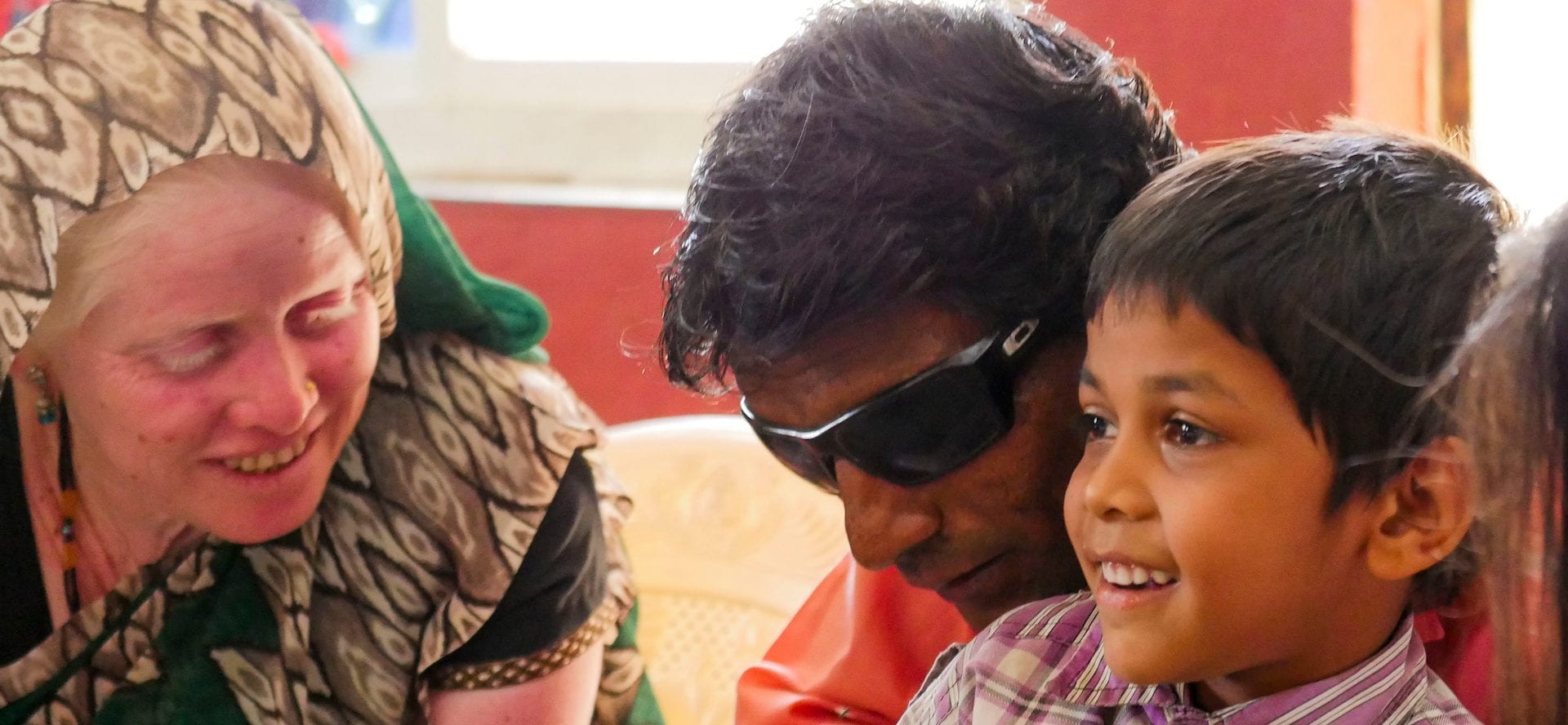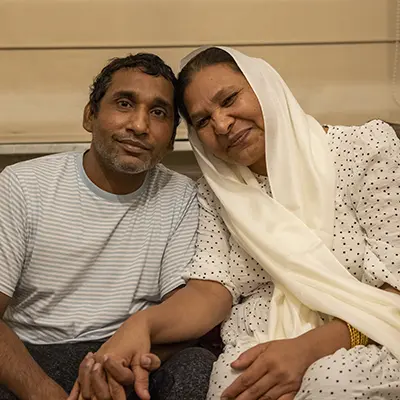Yahaya Sharif-Aminu, a Nigerian Sufi musician, is challenging blasphemy laws, under which he was previously sentenced to death, at the Supreme Court of Nigeria.
Continue readingRachana Chhin
LEGAL COUNSEL, UNITED NATIONS
Continue readingPäivi Räsänen: Finland
Meet the grandmother and Member of Parliament who never thought she’d face criminal charges for sharing her deeply held beliefs in public.
Continue readingFelix Böllmann
DIRECTOR OF EUROPEAN ADVOCACY
Continue readingTehmina Arora
DIRECTOR OF ADVOCACY, Asia
Continue readingRobert Clarke
DIRECTOR OF ADVOCACY
Continue readingPaul Coleman
Paul Coleman serves as Executive Director of ADF International from its headquarters in Vienna, Austria, where he oversees the strategic legal advocacy and programs of the global, alliance-building legal organization.
Continue readingChristians banned from Türkiye
The number of Christians in Türkiye has diminished from 20 percent to 0.3 percent of the population in the last 100 years. An estimated 99% of the 83 million strong population identify as Muslim. Although Türkiye does not have a constitutionally recognized state religion, its government is increasingly marked by Islamization and nationalism, which creates challenges for religious minorities, particularly Christians
Continue readingBalu Saste
Decisive victory for victims of religious persecution in India
Continue readingAltınkaynak and Others v. Turkey
Turkey defies European Convention on Human Rights by discriminating against Christians.
Continue reading
















